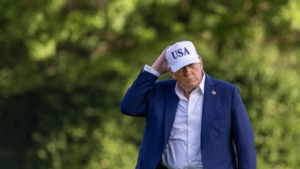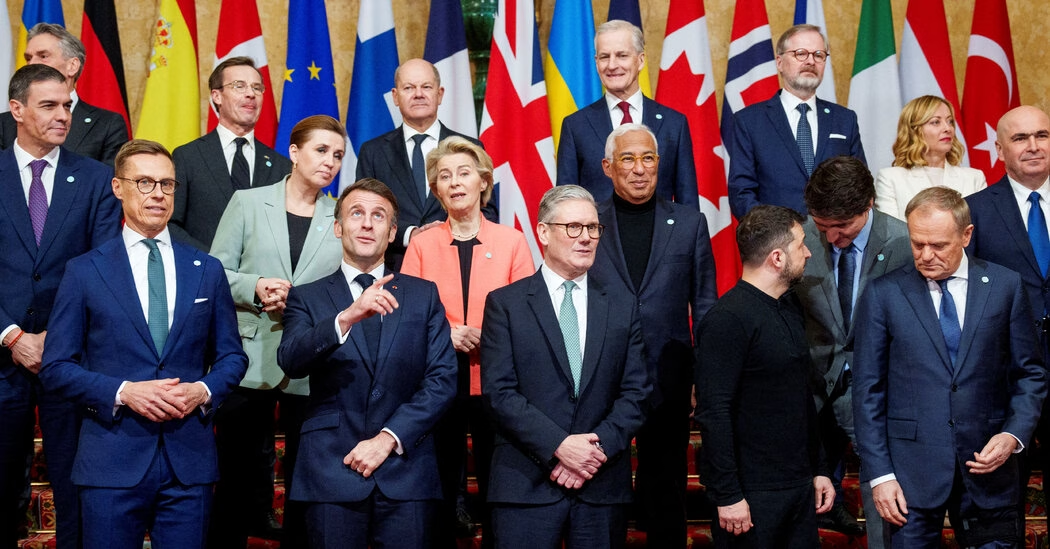For decades, the Soviet Union aimed to “decouple” the United States from Europe, trying to weaken the Western alliance that prevented Soviet tanks from crossing Europe. Now, within weeks, President Trump has gifted Moscow the success that eluded them during the Cold War and beyond. Europe is in shock, feeling abandoned by the United States, which has turned away from its ally and embraced a brutal autocrat, Russia’s President Vladimir V. Putin. Europe finds itself lost, grappling with a sense of abandonment, the monumental task of rearming, and the upending of American ideology.
Historically, America played a pivotal role in Europe’s journey from the ruins of World War II to a prosperous, unified continent. This alliance saw iconic moments like John F. Kennedy’s “Ich bin ein Berliner” speech or Ronald Reagan challenging Mikhail Gorbachev to “tear down this wall.” However, the meaning of “the West” in this new era is uncertain. The concept may be hollowed out, with potential power vacuums being filled with violence as great powers engage in conflict.
Despite these shifts, President Trump has shown impulsive behavior regarding his nationalist and authoritarian leanings. He might change course, as evidenced by a speech in Poland where he declared the West would “never, ever be broken.” Europe faces the challenge of discerning between Trump’s maneuvering and a shift towards authoritarian American policies.
Europe’s response suggests significant strategic changes. French President Emmanuel Macron called for rapid European military reinforcement and declared that peace couldn’t be the “capitulation of Ukraine,” even offering to extend France’s nuclear umbrella to allies. The impact of American realignment has been particularly destabilizing in Germany, where the idea that America supports a right-wing party with Nazi tones is considered a betrayal.
The ties between Europe and the United States are extensive, with $1.7 trillion in trade and $4.8 billion daily in goods and services crossing the Atlantic. While the alliance is strained, it’s not yet broken. Europe, including Germany, might step up to fight for democracy and strengthen its military capabilities. However, this shift won’t happen overnight.
The broader implications include the potential for further aggression rewarded by the lack of criticism towards Putin’s actions. Europe must overcome its shock and define its stance in a world increasingly dominated by autocracies and evolving American policies.
Source: https://www.nytimes.com/2025/03/08/world/europe/trump-putin-russia-europe.html





